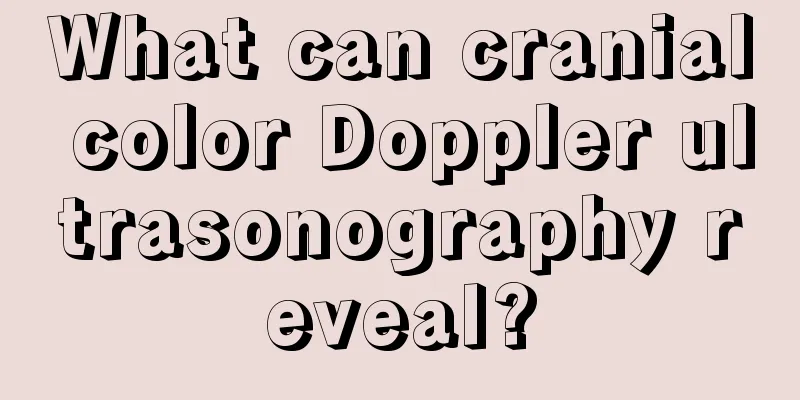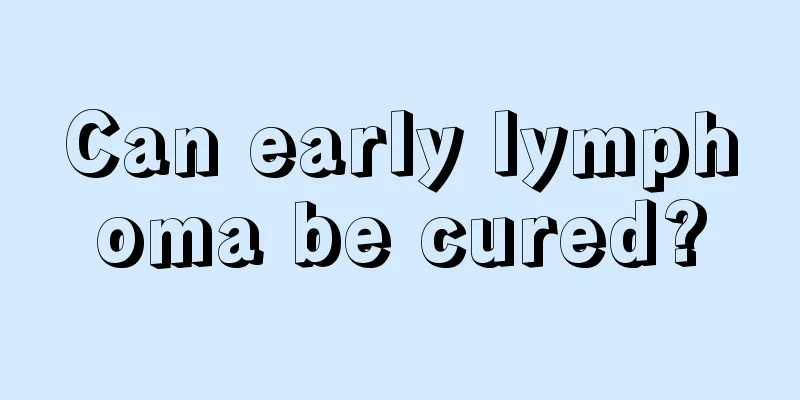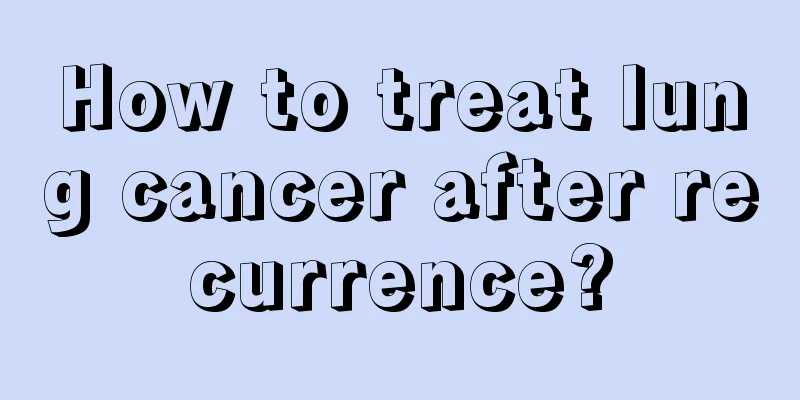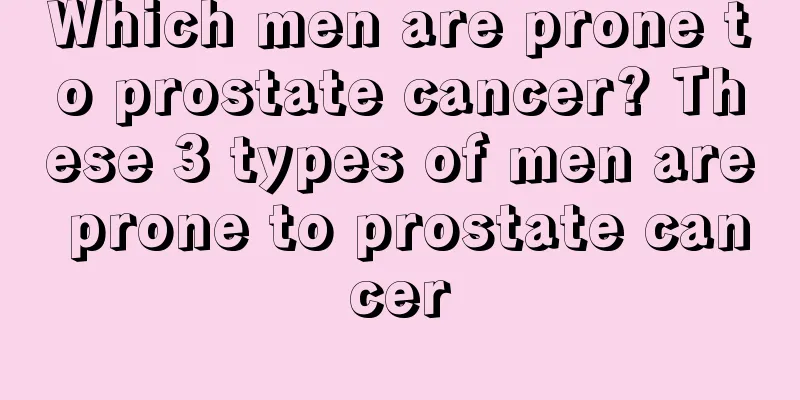Treatment of immune thyroiditis
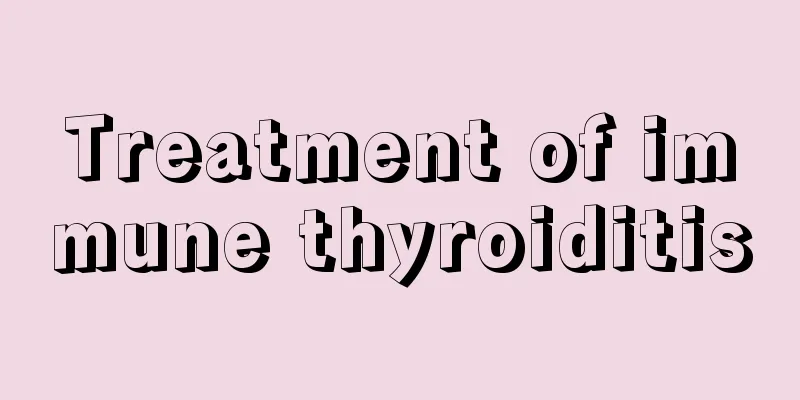
|
The treatment of immune thyroiditis should be carried out symptomatically. Patients with dormant lymphocytic thyroiditis can be treated conservatively in the early stages and some anti-thyroid drugs can be used, because surgery and radiotherapy are not suitable at this time. 1. Silent lymphocytic thyroiditis The disease is transient, lasting only a few months; the hyperthyroid phase should be treated conservatively, usually with only beta-blockers. Antithyroid drugs, surgery, and radiation therapy are contraindicated. Transient hypothyroidism may require thyroid hormone replacement therapy. Although hypothyroidism may be permanent in some cases, most people return to normal thyroid function, so thyroid function should be reassessed after 6 to 12 months. 2. Subacute thyroiditis For more severe and prolonged cases, corticosteroids are recommended, and all symptoms will disappear within 24 to 48 hours. When thyroid radioiodine uptake returns to normal, treatment is terminated. 3. Acute thyroiditis Cold compress is suitable for local use in the early stage, hot compress is suitable for use in the late stage, and antibiotics are given systemically. When there is an abscess, incision and drainage should be performed early to prevent the abscess from rupturing into the trachea, esophagus, or mediastinum. Treatment includes antibiotics and local incision and drainage. It is best to do puncture fluid and blood culture, and perform drug sensitivity tests, and then choose sensitive antibiotics, which will be more effective in eliminating bacteria. After a few days of thyroid inflammation, an abscess will form. Therefore, the thyroid abscess must be incised and drained to effectively remove the pus and control the local inflammation as soon as possible. Because the neck pain is obvious, some pain-relieving drugs can be used. 4. Hashimoto’s thyroiditis Patients with mild thyroid enlargement and no symptoms may not need treatment but should be followed up and observed. When the thyroid gland is significantly enlarged or there is hypothyroidism, thyroid preparations should be given for treatment even if only serum TSH is elevated. If the thyroid gland enlarges rapidly or is accompanied by pain or compression symptoms, short-term glucocorticoid treatment can be used. Hashimoto's hyperthyroidism should be treated with low-dose antithyroid drugs, and 131 iodine and surgery are generally not used to avoid severe hypothyroidism. |
<<: Is hypertensive heart disease very serious?
>>: Can atrial septal defect cause pulmonary hypertension?
Recommend
Varicose vein angiography of lower extremities
Varicose veins of the lower limbs are a very comm...
The saliva is white and foamy because
In daily life, it is very common to have white an...
What are the clinical manifestations of early stage colon cancer?
The colon starts from the cecum and ends at the r...
Will sleep paralysis cause sudden death?
I believe that everyone has heard of a very scary...
Will your butt get bigger if you sit for a long time?
Nowadays, many people need to sit for a long time...
On which day does chickenpox feel the most itchy
Chickenpox is a very common disease. Many childre...
Is the effect of interventional treatment for liver cancer good? Detailed description of the advantages of interventional treatment for liver cancer
Interventional therapy is increasingly used in cl...
The pros and cons of reducing acid on hair
Many people may not know what reducing acid is. I...
Yellow teeth indicate something is wrong with your body
Many people still feel that their teeth are very ...
What are the symptoms of advanced liver cancer? Comprehensive knowledge on liver cancer prevention and treatment
Liver cancer, a disease that is hated by both hum...
Nine physical constitutions of the Chinese people
As we all know, everyone's physique is differ...
What harm can small cell lung cancer cause
What harm can small cell lung cancer cause? Many ...
What are the differences between rice and brown rice
Maybe many of us use some rice in our daily life....
What should be paid attention to in postoperative care of kidney cancer
What should be paid attention to in the postopera...
Why some people are not photogenic
When we see celebrities on TV or in photos, we pr...


